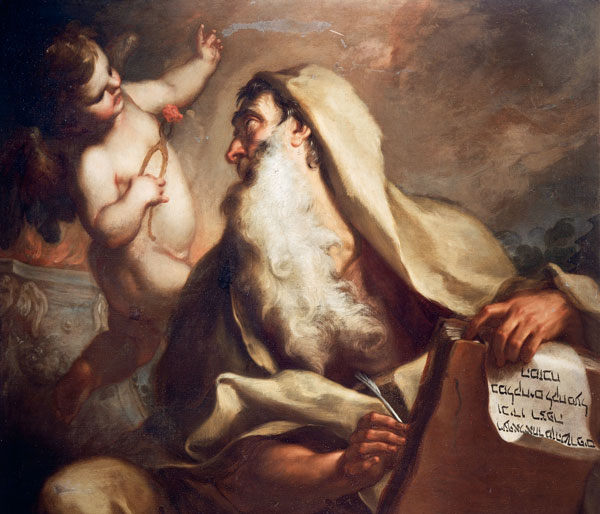
Each year the Church observes a period before Easter. Called “Lent” from the old English “lencten,” meaning “springtime,” the discipline of the season is a walk with the God who surprises His people at every turn.
In a culture of self-indulgence, a period of self-deprivation seems senseless. The best reason for the season is that Lent offers believers the opportunity to walk humbly with the God who, in mercy, has always tried to purify His people.
On December 25th, Christians celebrated the birth-in-time of God. This was His ultimate act of purifying creation because the “light of the world” came, giving meaning to life.
Even when Adam and Eve violated their boundaries, the God of mercy surprisingly did not vengefully terminate their lives. Instead, the consequence for their actions became intensified childbearing and servile work, as God says “by the sweat of your brow you shall eat … for you are dust and to dust you shall return.”
The paradise of Eden is lost, but God is not through with His people. The dialogue with Abraham shows that simple faith in God is mankind’s most redeeming quality. The faith of the Israelites ebbs and flows as God leads them out of Egypt through 40 years of high and low points of fidelity.
Paradise is restored for a time in the Promised Land only to be lost again as the most redeeming quality of faith in God turns to faith in foreign alliances and false gods. Still God seeks to purify His people by sending them the hope-filled message of the prophets.
After all seemed to be lost, God calls Isaiah to prophesy by offering him a vision of heavenly glory. Before he goes out to announce that Emmanuel — “God with us” — will be born of the virgin, God purifies the prophet’s mouth with an ember taken from the heavenly altar. History was never the same, as everything Isaiah said would happen, did!
When Jesus does arrive as the God with us, He says that He has come to fulfill both the Law of Moses and the message of the prophets. In the next breath, He teaches us to “be perfect, just as your Heavenly Father is perfect.”
Lent is the period the Church sets aside to help Christians prepare for God’s house by turning away from the delights of our earthly homes. Pope Francis often cites what he calls “the God of surprises.” Perhaps the surprise lies not so much in the long desired changing of Church teachings to satisfy secular preferences, but in God’s ability to draw deeper conformity out of His people than they ever thought possible.
From Adam and Eve to Isaiah and the very weak Apostles, the surprises have never stopped. Each Mass is itself a surprise — the animal sacrifices have given way to a sacrifice of praise.
Imitation is the sincerest form of homage. The bread and wine Jesus offered is our sacrifice and it becomes His Body and Blood again! What a surprise!

